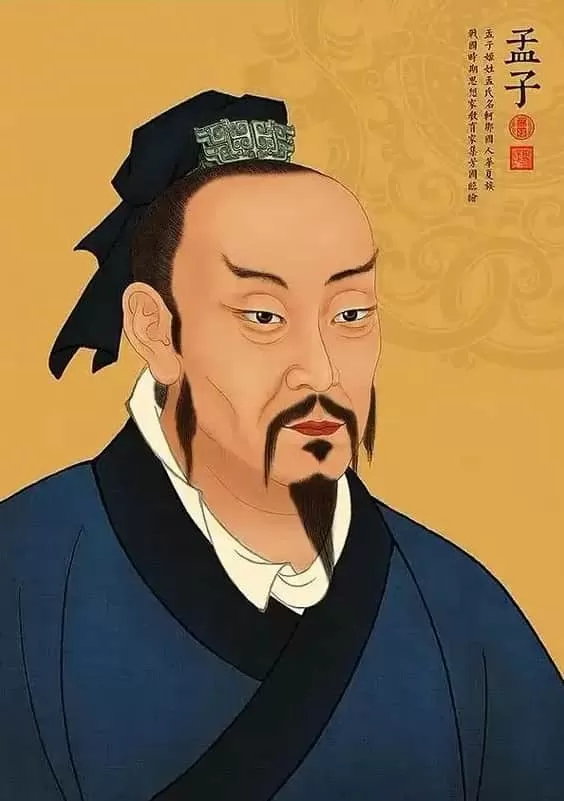
Mencius (372 BC - 289 BC), surnamed Ji and styled Ziyu (alternatively styled Ziche or Ziju, subject to further research), was a native of Zou (today's Zoucheng in Shandong Province) during the Warring States period. He was one of the representatives of Confucianism during this era and a renowned thinker, philosopher, politician, and educator in ancient China, known in conjunction with Confucius as "Confucius and Mencius."
Mencius lost his father early in life and was raised by his mother, who moved their home three times to provide him with a better environment for growth, a story that has become a legend in its own time. After completing his studies, Mencius embarked on a journey to "visit various states," throughout his life attempting to persuade the rulers of Qi, Liang, Song, Teng, and Lu to adopt his ideas, but to no avail. In his later years, Mencius returned to his hometown, where he taught and, together with his disciples, documented his thoughts in the book Mencius, which was completed shortly before his death in the twenty-sixth year of the reign of King Nan of Zhou (289 BC).
Mencius's thoughts and doctrines had a profound and significant impact on China after the Tang and Song dynasties. Many of his philosophical speculations and ethical insights continue to subtly influence China and East Asia as a whole to this day. Mencius holds a position second only to Confucius and had a far-reaching influence on the inheritance and development of Confucianism. Although Mencius consists of only seven chapters and over 34,000 words, it has long been recognized as part of the world's cultural heritage. Mencius not only developed Confucius's thoughts in philosophical and ethical terms but also established a political ideology based on the "people as the foundation." During the confrontation and fusion of Confucianism and Buddhist theory, Mencius's influence was particularly significant. He emphasized "flexibility" rather than rigid ethical principles. In the mid-Tang Dynasty, Han Yu wrote Yuan Dao, recognizing Mencius as the sole inheritor of Confucius's "orthodox line" before the Tang Dynasty. In the Southern Song Dynasty, Zhu Xi compiled Mencius, along with The Analects, The Great Learning, and The Doctrine of the Mean, into the "Four Books," making them one of the fundamental classics of Confucianism.
Provides The Most Comprehensive English Versions Of Chinese Classical Novels And Classic Books Online Reading.
Copyright © 2025 Chinese-Novels.com All Rights Reserved
